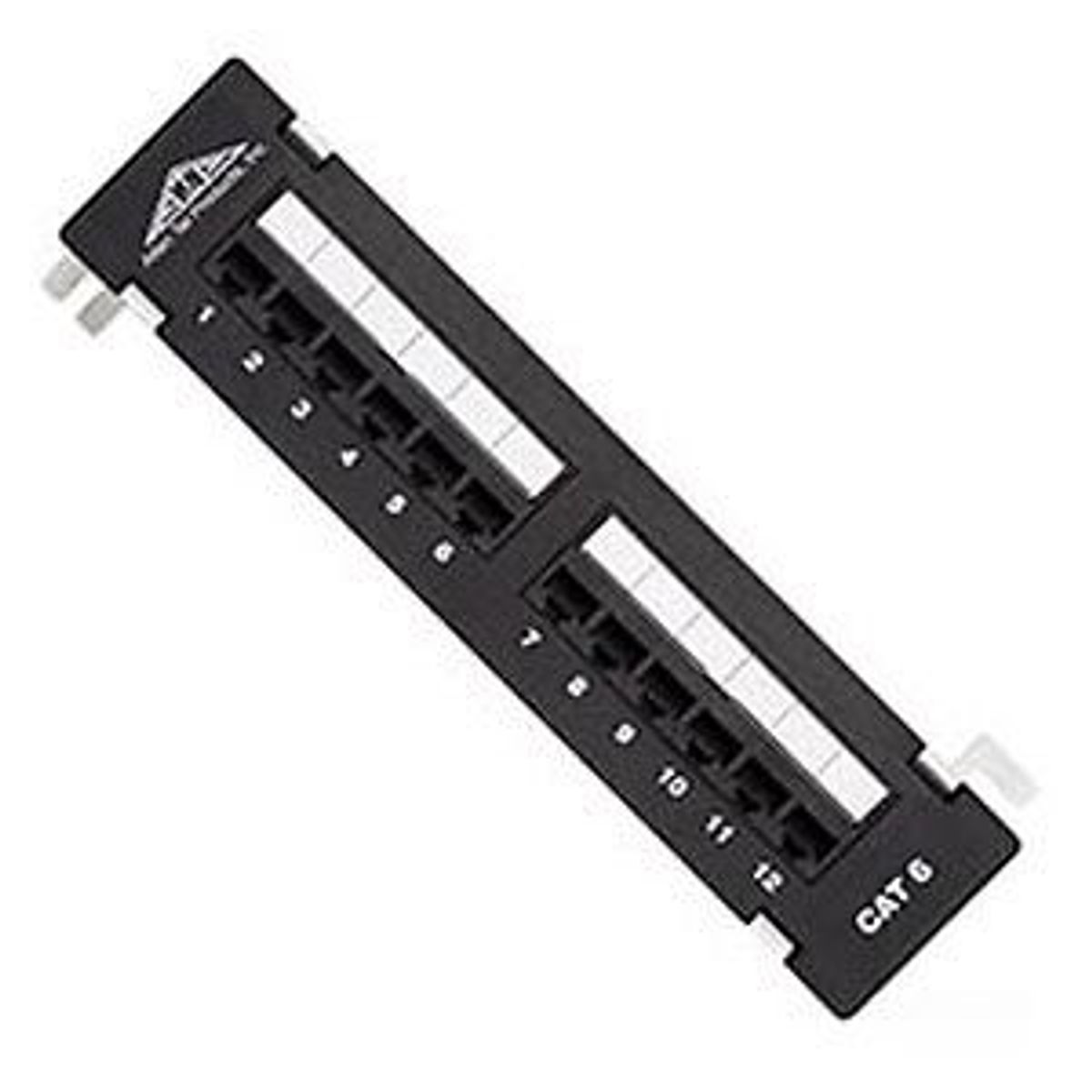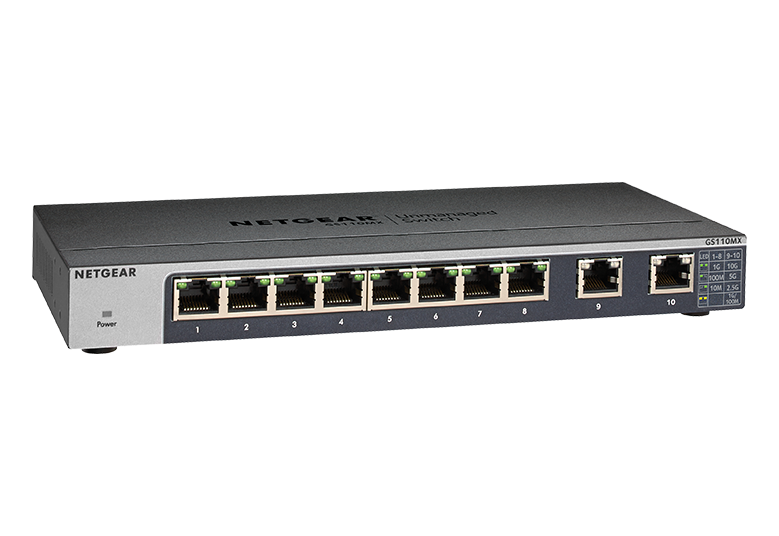- Location
- Lockport, IL
- Occupation
- Semi-Retired Electrical Engineer
This is not a DIY, but perhaps a CIY. I just want help understanding something.
Our townhouse is about 4 years old. In several rooms (including the main bedroom), there is an outlet box with provisions for an ethernet connection and a coax connection. We recently changed to a fiber optic service. During the initial construction of the townhouse, fiber had been run to a box in the main bedroom. The FO gateway now sits on my chest of drawers. I have run an ethernet cable from the gateway to a nearby ethernet outlet box.
I have one laptop computer that has an ethernet connection. It can't use its WIFI setting until I successfully connect it via the ethernet (ask me why some other time).
Here's my problem: If I plug the computer directly to the gateway, I can get onto the Internet. But if I plug it into a wall ethernet outlet box elsewhere in the house, it will not connect to the Internet.
Here's my question: Are all ethernet outlet boxes supposed to be automatically connected to each other, or is there some connection/junction box from which all wires run to all ethernet outlet boxes? Put another way, are you going to tell me to go into the basement (no easy task for me these days), find that connection box, discover ethernet wires that are not yet plugged into that box, and, "Connect it Yourself" (CIY)?
Our townhouse is about 4 years old. In several rooms (including the main bedroom), there is an outlet box with provisions for an ethernet connection and a coax connection. We recently changed to a fiber optic service. During the initial construction of the townhouse, fiber had been run to a box in the main bedroom. The FO gateway now sits on my chest of drawers. I have run an ethernet cable from the gateway to a nearby ethernet outlet box.
I have one laptop computer that has an ethernet connection. It can't use its WIFI setting until I successfully connect it via the ethernet (ask me why some other time).
Here's my problem: If I plug the computer directly to the gateway, I can get onto the Internet. But if I plug it into a wall ethernet outlet box elsewhere in the house, it will not connect to the Internet.
Here's my question: Are all ethernet outlet boxes supposed to be automatically connected to each other, or is there some connection/junction box from which all wires run to all ethernet outlet boxes? Put another way, are you going to tell me to go into the basement (no easy task for me these days), find that connection box, discover ethernet wires that are not yet plugged into that box, and, "Connect it Yourself" (CIY)?







